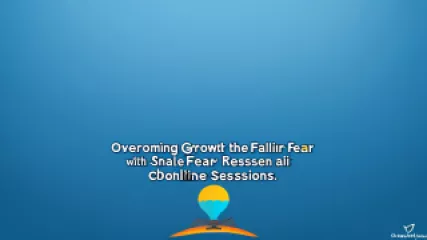Boosting Cognitive Performance: Memory Techniques Explored
1 year ago
Improving Memory Techniques
Suicide Prevention: A Moral Imperative for Humanity
1 year ago
Suicide Prevention
Healing Through Yoga: A Step-by-Step Guide for Mental Well-being
1 year ago
Yoga for Mental Health
Effective Goal Setting Strategies for Achieving Your Dreams
1 year ago
Goal Setting Strategies
10 Best Online Resources for Managing Obsessive Compulsive Disorder
1 year ago
Obsessive Compulsive Disorder
Overcoming Procrastination: An Expert Interview on the Psychology of Productivity
1 year ago
Psychology of Productivity
10 Actionable Tips to Overcome the Fear of Failure in Online Sessions
1 year ago
Fear Of Failure
10 Best Holistic Therapy Approaches for Mental Health
1 year ago
Holistic Therapy
Discovering the Benefits of Eco-Therapy: An Interview with a Nature Wellness Expert
1 year ago
Eco Therapy
My Wellness Coaching Journey: Transforming Mind and Body
1 year ago
Wellness Coaching
Lessons from 'The Joker' about the Psychology of Humor
1 year ago
Psychology of Humor
Overcoming Unconscious Bias: A Step-by-Step Guide
1 year ago
Confronting Bias
Proven Strategies to Manage Stress in Teens
1 year ago
Stress in Teens
Navigating Life Transitions: An Interview with a Life Coach
1 year ago
Life Transitions
The Ultimate Guide to Social Comparison Theory
1 year ago
Social Comparison Theory














